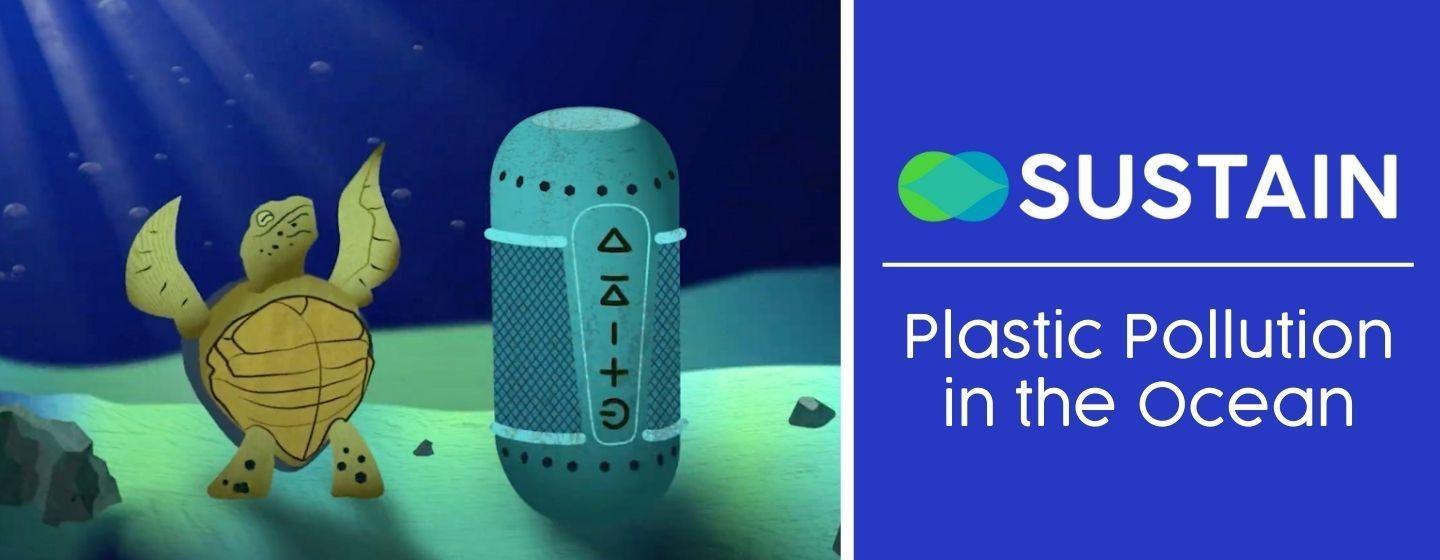Plastic Pollution in the Ocean



Our daily lives are awash in plastic. From toothbrushes to takeaway bags to synthetic fibers, plastic items are cheap to produce and convenient to use. But they come at a hidden cost.
Much of the planet’s plastic eventually ends up in the ocean, transforming one of Earth’s greatest natural treasures into a swirling dump. Plastic accounts for 60 to 80% of trash in the ocean, and researchers estimate that the world’s oceans will contain more plastic than fish by 2050.
Florida’s booming tourism industry draws people – and trash – to our coasts. In 2020 alone, an estimated 7,000 tons of plastic waste made its way into Florida’s marine environment.
Plastic pollution can be harmful, and often deadly, to marine wildlife and shore birds. Items such as balloons, string, dental flossers, and mesh produce bags can choke, strangle, entangle, or drown animals. Wildlife can also mistake plastic for food or swallow it by accident. Some of the most common plastic items ingested by animals are bags, balloons, fishing line, plastic sheeting, and food wrappers.
More than half of animals injured or killed by plastic pollution inhabit Florida waters, including sea turtles and manatees.
Plastic also lasts indefinitely, breaking down into tiny pieces known as microplastics. These can eventually work their way back up the food chain to us in the seafood we eat.
How can we get out of this tangled web of our own making? You can be a part of the solution.
Make ocean-friendly choices by reducing the amount of plastic – especially single-use items – in your daily life. Bringing reusable bags to the grocery store, skipping drinking straws, and sticking to reusable water bottles are small ways to start.
Put recyclable plastic items in recycling bins, and make sure you properly dispose of other items to reduce the chance that they wind up in the water.
But recycling alone isn’t enough to curb plastic pollution. Talk to your representatives about limiting single-use plastics and prohibiting balloon releases, and ask them to hold plastic manufacturers responsible for their downstream waste. There are many resources to help you get started.
And remember that you’re not alone: 87% of Floridians support local, state, and federal policies that would reduce single-use plastics.
The blog above is part of a digital-only, four-part series called "Experiencing Eco-Anxiety". Each blog supports a video in which a Floridian shares their personal experience with eco-anxiety.
Denzel channels his eco-anxiety through the power of spoken word. In his slam poem, "The Ocean Gives Us a One-Armed Hug After Kissing Us on Both Cheeks for Years," he takes us on a rhythmic journey that weaves together sorrow and hope.